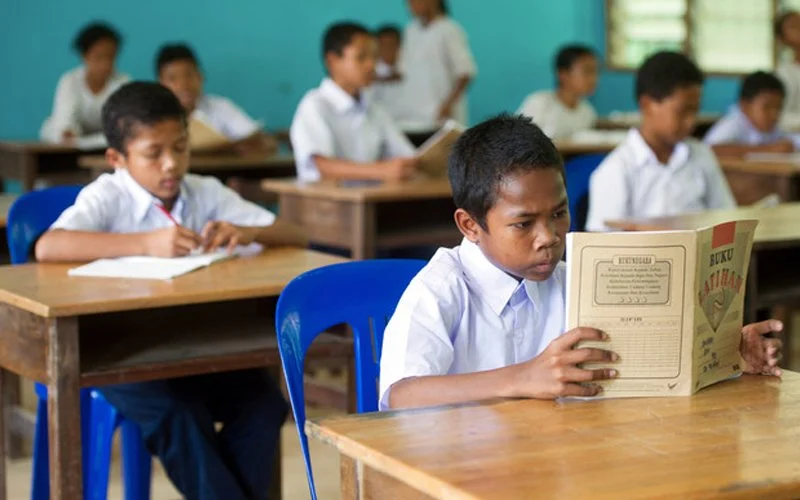
PETALING JAYA: Activists and academics have urged Putrajaya to take a more holistic approach to improve the education system in rural schools despite welcoming Putrajaya’s latest purchase of Starlinks devices to improve internet connectivity.
Colin Nicholas of the Center for Orang Asli Concerns welcomed the decision to improve internet connectivity in the rural areas as many students without internet access had dropped out from school during the pandemic.
“The Orang Asli have been left behind in many areas, especially in finance, education, and access to health and infrastructure,” he told FMT.
However, he said, better internet connectivity in the rural areas will not automatically improve the students’ academic performance as multiple factors affect their education system, including poverty and an unsatisfactory schooling environment and programme.
“It also depends on other factors such as the kind of schooling facilities, teachers and curriculum, and also whether they are bullied by others,” he said.
Nicholas also suggested that Putrajaya provide Orang Asli students with laptops as over half of the community are living under the poverty line and many could not afford a laptop or pay internet bills.
Earlier this month, Prime Minister Anwar Ibrahim announced the government’s decision to purchase 40 Starlink internet devices for rural schools and universities across the country.
Starlink is a satellite communications device from SpaceX, which provides internet links through the SpaceX constellation of satellites in low-earth orbit.
Anwar said the estimated cost of each device ranges from RM10,000 to RM15,000, and the devices are able to provide immediate internet access in rural areas that are out of the reach of internet service providers.
Alberto Gomes, an Orang Asli researcher at La Trobe University in Melbourne, said while Putrajaya is moving in the right direction, the government should provide rural students with more financial assistance.
He also said the government needs to use internet connectivity to bridge the “artificial divide” between rural and urban students.
“Rather than just spending money on various computer facilities and technologies, you should put some funding into the exchange (programmes) between students.
“We need to educate the urban-based students about Orang Asli and (it can be done) not by teaching about the Orang Asli, but by inviting Orang Asli to be the teacher. Education can be an important bridge between groups of people who have been marginalised.
“Can an online communication service do that?” he said.
Gomes also said the Orang Asli community has “meaningful ecological values” to contribute, such as their “views on possession and generosity”, which stand in contrast to the urban communities’ “dissatisfaction with whatever possessions they have”.
“This is where some attention ought to be given to the ecological values the Orang Asli have and can be incorporated into the education system,” he said.
Kullin Djayang of the Sarawak Teachers’ Union said better internet access in the rural areas will improve the IT literacy of the rural students.
Rural students can also continue their studies without moving to urban areas, he said, because the internet will make it easier for them to carry out research.
“However, the government should take into account the economic situation of the people in the rural areas,” he said. “These people are usually from low and medium-income groups, so the internet fee should be reasonable.” - FMT



No comments:
Post a Comment
Note: Only a member of this blog may post a comment.